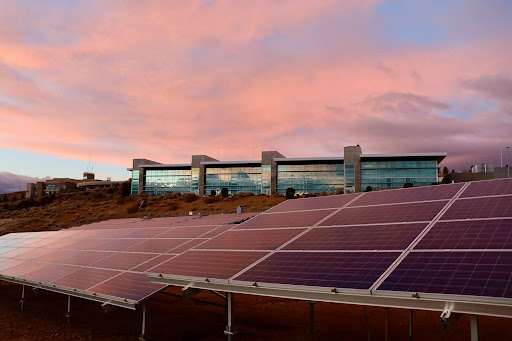In recent years, the global emphasis on sustainable and renewable energy sources has led to a significant surge in the adoption of solar energy technology. The sun, a vast and powerful source of energy, has become a focal point in addressing the growing demand for cleaner alternatives in various technological applications. This article explores the pivotal role of solar energy in different sectors of technology, shedding light on its environmental benefits and the advancements that have propelled its integration.
1. Solar Energy Basics
Solar energy is harnessed through the use of photovoltaic cells, commonly known as solar panels, which convert sunlight into electricity. This clean and abundant source of energy holds immense potential to revolutionize the technological landscape, offering an environmentally friendly alternative to traditional fossil fuels.
2. Powering Homes and Businesses
One of the primary applications of solar energy is in powering residential and commercial buildings. Solar panels installed on rooftops capture sunlight and convert it into electricity, reducing dependence on non-renewable energy sources and lowering carbon footprints. Advances in energy storage technologies, such as efficient batteries, further enhance the reliability and availability of solar power, making it a viable option for off-grid applications.
3. Transportation and Electric Vehicles
Solar energy is making significant strides in the transportation sector, particularly with the integration of solar panels into electric vehicles (EVs). Solar roofs on EVs can supplement the vehicle’s battery, extending its range and reducing the need for external charging. This innovation not only promotes sustainable transportation but also contributes to the overall reduction of greenhouse gas emissions.
4. Portable and Wearable Technology
The miniaturization of solar technology has paved the way for its integration into portable devices and wearable technology. Solar-powered chargers, backpacks, and even clothing with embedded solar cells provide a convenient and eco-friendly solution for powering gadgets on the go. This application enhances the accessibility and versatility of solar energy, making it an integral part of our daily lives.
5. Industrial and Agricultural Applications
Solar energy is also playing a crucial role in various industrial and agricultural processes. Solar-powered water pumps, for instance, provide a sustainable solution for irrigation in remote areas, reducing reliance on conventional power sources. Additionally, solar thermal systems are employed in industries for processes requiring heat, contributing to energy efficiency and cost savings.
Conclusion
The integration of solar energy into various technological applications marks a significant step towards a sustainable and environmentally conscious future. As advancements continue to drive down costs and improve efficiency, solar technology will likely become an even more integral part of our daily lives. Embracing the potential of solar energy is not only a strategic move for technological progress but also a crucial step in addressing the global challenges posed by climate change and energy sustainability.
